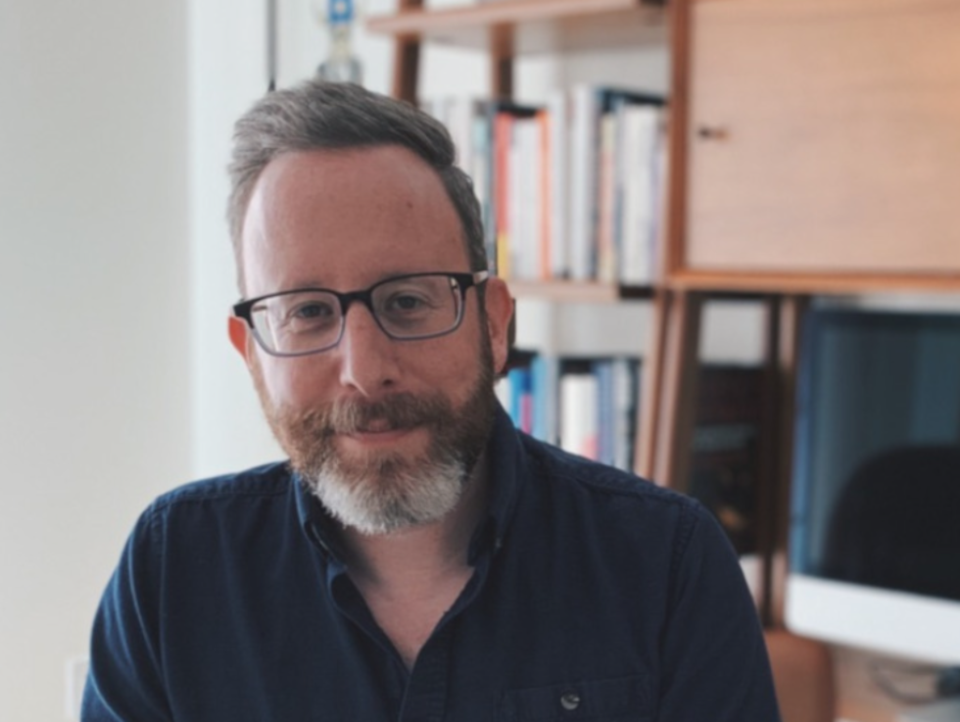NEWS RELEASE
LAKEHEAD UNIVERSITY
*************************
A Lakehead University professor has discovered that individuals will go to extraordinary lengths to help or harm others.
Dr. DB Krupp, an assistant professor of Interdisciplinary Studies at the Orillia campus, suggests that this may help us understand the evolution of multicellular organisms and the complex social behaviours and weaponry of many species.
For example, amoebae are single-celled organisms that typically lead solitary lives but, in a few species, individuals will come together when they are starved and form a multicellular organism composed of a stalk and fruiting body.
The majority of the individual cells will make up the stalk and die, whereas the few that remain will make up the fruiting body, reproducing by sending out spores.
Likewise, ants, termites, and some wasps and bees also make great sacrifices, giving up their ability to reproduce entirely to find food for the colony, defend the nest from intruders, or even blow themselves up to spray predators with sticky, dangerous compounds that stop those predators in their tracks.
“It turns out individuals do this to help their genetic relatives, because they bear copies of the same genes,” said Dr. Krupp.
“The amoebae in the stalk give up their lives to help their relatives in the fruiting body, and insect workers give up their lives to help their relatives in the colony, such as the queen. In turn, the survivors reproduce, allowing the genes causing self-sacrifice to spread through the population.”
The existence of self-sacrifice in nature has captivated scientists for the better part of a century, who have found that organisms will pay costs to altruistically help their relatives or to spitefully harm non-relatives.
It was widely assumed that the costs that individuals pay must be smaller than those they altruistically give to or spitefully impose on their recipients. But, in a recent theoretical breakthrough published in Scientific Reports, Dr. Krupp and his collaborator, Dr. Wes Maciejewski from San José State University, argue that organisms can evolve to pay costs beyond these limits.
“We asked the question: is it possible for individuals to hurt themselves more than they help or harm recipients? The literature doesn’t really explore this problem. Implicitly it’s assumed that it can’t happen, but we show that it can—under certain circumstances,” Dr. Krupp said.
“One of the keys is that individuals must be neighbours with their relatives. This helps, because the cost of self-sacrifice translates into a benefit to one’s neighbours. So, by paying a cost, the individual is giving up food or other resources that its relatives can enjoy down the line.”
With this in place, the theory shows that extraordinary altruism evolves when the individual helps a relative who then travels farther away, to compete with non-relatives somewhere else.
Conversely, the theory also shows that extraordinary spite evolves when the individual harms a non-relative who stays put. As a result, the spiteful cost to the non-relative again translates into a benefit to the self-sacrificing individual’s relatives, because it leaves more resources for its related neighbours.
Dr. Krupp sums up the result with a simple rule: “Extraordinary self-sacrifice evolves when the individual’s neighbours are relatives and the recipient’s neighbours are not.”
You can read Dr. Krupp’s article by clicking here.
*************************



